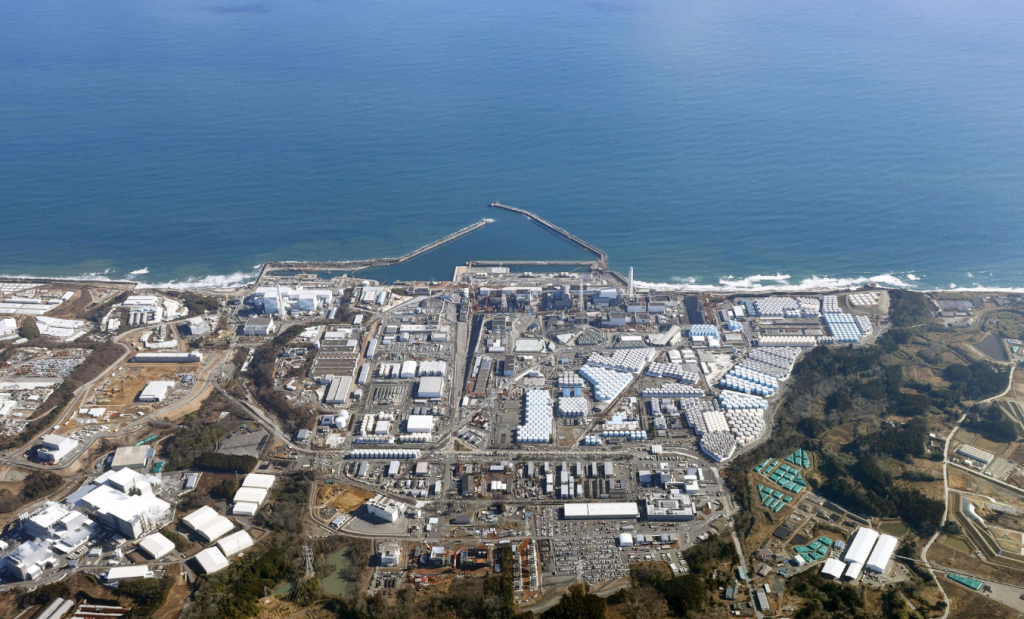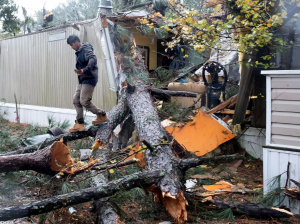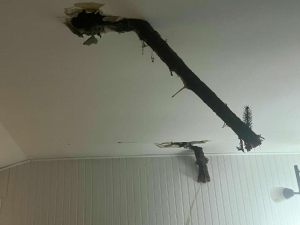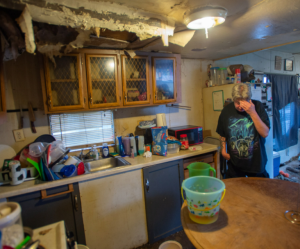
By Arab News
Japan’s plan to start discharging treated radioactive waters from the Fukushima wrecked nuclear power plant in the Pacific Ocean has attracted heavy criticism and bans on imports of seafood from China.
Japanese fishing associations expressed their concern about the possible damage that would be done to their image by releasing them.
Japan claims that this water release was safe. IAEA (the UN nuclear watchdog) also gave its approval to the plan on July. They said that the plan met international standards, and any impact the water release would have was negligible.
Hong Kong and Macau – both Chinese-ruled zones – have nonetheless announced they would ban the sale of Japanese seafood, including that from Fukushima. China also plans to take the necessary steps in protecting marine ecosystems, food safety, and public health. This was announced by China’s Foreign Ministry on Wednesday.
Wang Wenbin is the spokesperson of China’s Foreign Ministry. Wang Wenbin called this move “extremely egoistic”. China has lodged an official complaint about it.
South Korea’s main opposition and various civic organizations in the country increased their protests of Japan’s plan on Wednesday. Yoon Suk Yeol government’s claim that they had done their own analysis and found nothing wrong with technical or scientific aspects has led to criticism.
Hong Kong Chief executive John Lee described the discharge as being “irresponsible”. The city said it would implement import controls that will cover live, froze, refrigerated and dried fish, along with sea salt and seaweed.
Masanobu Sakamoto, President of the National Federation of Fisheries Cooperative Associations told reporters on Monday the fishing communities in the area understood the scientific safety of the release but still feared damage to reputation.
Being told that something has been scientifically proven safe is different from feeling assured. The proof that water releases are scientifically safe might not help to repair the damage done to reputation, he added.
Japan claims it will remove the most radioactive elements in water. However, tritium must be diluted as it’s difficult to filter.
Tepco Fukushima, operator of the Fukushima nuclear power plant, announced on Tuesday that initially, water would be released with smaller amounts and extra checks.
Tepco reports that this water has a tritium concentration of 190 becquerels/liter. The limit set by the World Health Organization for drinking water, 10,000 becquerels/liter, is lower. One becquerel of radioactivity.To get an in-depth look at our water damage restoration service, please read more. The experts at our company are dedicated to eliminating the damage caused by water and returning your property to pre-damaged conditions. Water damage is a unique challenge. From the first assessment to the use of advanced restoration and drying methods or maybe even carpet water damage cleanup, we provide a customized approach. Explore the variety of equipment and methods that we utilize to dry out affected areas efficiently, prevent mold growth, and remove excess water. Understand how our water removal services are able to handle different types of damage from burst or leaking pipes, through leaks and floods at https://ncrestoration.ca/. We invite you to call our experienced representatives for detailed information regarding our service offerings and pricing, as well as projected timelines.





